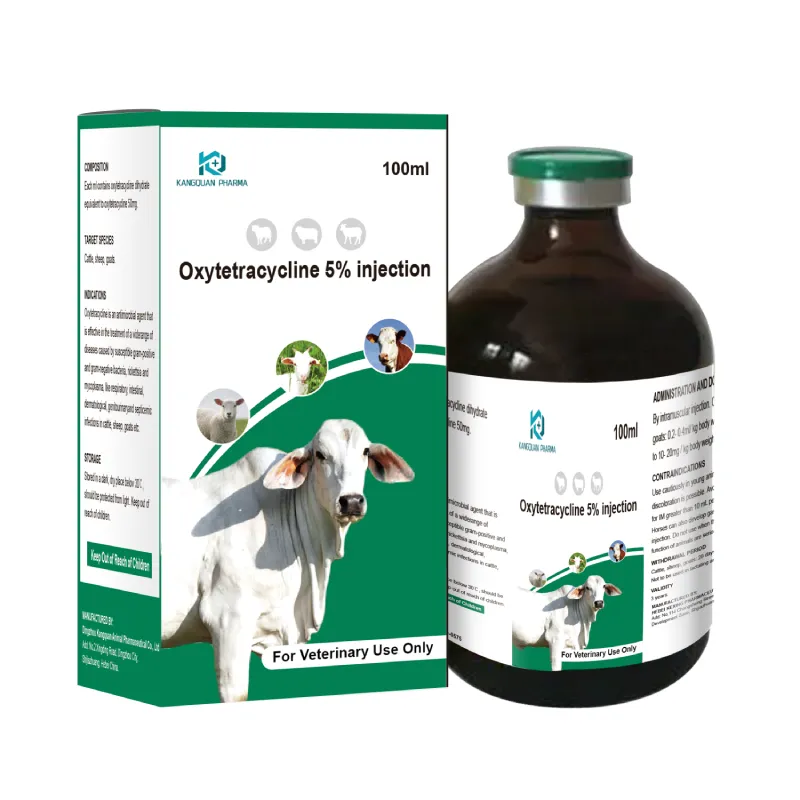- Afrikaans
- Albanian
- Amharic
- Arabic
- Armenian
- Azerbaijani
- Basque
- Belarusian
- Bengali
- Bosnian
- Bulgarian
- Catalan
- Cebuano
- Corsican
- Croatian
- Czech
- Danish
- Dutch
- English
- Esperanto
- Estonian
- Finnish
- French
- Frisian
- Galician
- Georgian
- German
- Greek
- Gujarati
- Haitian Creole
- hausa
- hawaiian
- Hebrew
- Hindi
- Miao
- Hungarian
- Icelandic
- igbo
- Indonesian
- irish
- Italian
- Japanese
- Javanese
- Kannada
- kazakh
- Khmer
- Rwandese
- Korean
- Kurdish
- Kyrgyz
- Lao
- Latin
- Latvian
- Lithuanian
- Luxembourgish
- Macedonian
- Malgashi
- Malay
- Malayalam
- Maltese
- Maori
- Marathi
- Mongolian
- Myanmar
- Nepali
- Norwegian
- Norwegian
- Occitan
- Pashto
- Persian
- Polish
- Portuguese
- Punjabi
- Romanian
- Russian
- Samoan
- Scottish Gaelic
- Serbian
- Sesotho
- Shona
- Sindhi
- Sinhala
- Slovak
- Slovenian
- Somali
- Spanish
- Sundanese
- Swahili
- Swedish
- Tagalog
- Tajik
- Tamil
- Tatar
- Telugu
- Thai
- Turkish
- Turkmen
- Ukrainian
- Urdu
- Uighur
- Uzbek
- Vietnamese
- Welsh
- Bantu
- Yiddish
- Yoruba
- Zulu
दिसम्बर . 31, 2024 10:56 Back to list
Understanding Antibiotic Resistance through Sensitivity Testing in Clinical Microbiology
Antibiotic Sensitivity Testing A Crucial Tool in Combatting Infections
In the evolving landscape of healthcare, antibiotic sensitivity testing plays a pivotal role in managing bacterial infections effectively. As antibiotic resistance continues to rise globally, understanding how bacteria respond to various antibiotics has never been more critical for clinicians and health practitioners.
Understanding Antibiotic Sensitivity Testing
Antibiotic sensitivity testing, also known as antimicrobial susceptibility testing, is a laboratory procedure that determines the effectiveness of specific antibiotics against bacteria isolated from a patient’s infection. This testing helps in identifying which antibiotic will be effective in inhibiting bacterial growth and which ones the bacteria might be resistant to. By employing techniques like disk diffusion (Kirby-Bauer method), broth microdilution, and E-test, laboratories can provide essential data that guides clinicians in selecting the appropriate antibiotic treatment for their patients.
The Importance of Antibiotic Sensitivity Testing
Antibiotic resistance poses a significant threat to public health. The overuse and misuse of antibiotics have allowed bacteria to adapt and survive despite exposure to these once-effective medications. Thus, antibiotic sensitivity testing provides invaluable insights into the most effective therapeutic options available. By tailoring antibiotic therapy based on test results, healthcare providers can improve treatment outcomes, reduce the duration of illness, and minimize the risk of spreading resistant strains of bacteria.
Moreover, antibiotic sensitivity testing is crucial in specialized settings such as hospitals, where patients may be at a higher risk for infections caused by multidrug-resistant organisms. In these environments, empirical therapy—which is the initial treatment begun before receiving test results—can be a gamble. By relying on test data, healthcare providers can make more informed decisions, thereby enhancing patient safety and conserving precious antibiotic resources.
Challenges in Antibiotic Sensitivity Testing
antibiotic sensitivity test pdf

Despite its benefits, antibiotic sensitivity testing is not without challenges. One primary concern is the variability in test results, which can arise from factors such as the quality of laboratory techniques, the selection of antibiotic concentrations, and the specific strains of bacteria being tested. Additionally, the rapid emergence of resistance means that sensitivity patterns can change over time, necessitating regular updates to testing protocols.
Another issue is the accessibility of testing. In many parts of the world, especially in low-resource settings, the infrastructure required for comprehensive antibiotic sensitivity testing may be lacking. This can lead to a reliance on empirical treatment based on outdated or generalized data, which can exacerbate resistance issues.
The Future of Antibiotic Sensitivity Testing
Looking ahead, advancements in technology hold promise for enhancing the accuracy and speed of antibiotic sensitivity testing. Molecular techniques, such as PCR and next-generation sequencing, allow for rapid identification of pathogens and their resistance genes. These innovations could streamline the testing process and provide real-time results, enabling more timely and effective treatment decisions.
Additionally, the integration of artificial intelligence and machine learning in analyzing testing data could further improve prediction models for antibiotic efficacy, leading to more personalized treatment approaches. Ensuring that healthcare professionals are trained to interpret these results and understand the nuances of antibiotic resistance will be essential as these technologies evolve.
Conclusion
In conclusion, antibiotic sensitivity testing is an essential cornerstone in the fight against bacterial infections. By accurately determining the most effective antibiotic therapies, healthcare providers can improve patient outcomes and combat the growing issue of antibiotic resistance. As we move forward, embracing advancements in testing methods and ensuring access to quality care will be crucial in safeguarding public health against the threat of resistant bacteria. The continued commitment to antibiotic stewardship, informed by robust testing practices, remains essential to protect the efficacy of these critical medications for future generations.
-
Guide to Oxytetracycline Injection
NewsMar.27,2025
-
Guide to Colistin Sulphate
NewsMar.27,2025
-
Gentamicin Sulfate: Uses, Price, And Key Information
NewsMar.27,2025
-
Enrofloxacin Injection: Uses, Price, And Supplier Information
NewsMar.27,2025
-
Dexamethasone Sodium Phosphate Injection: Uses, Price, And Key Information
NewsMar.27,2025
-
Albendazole Tablet: Uses, Dosage, Cost, And Key Information
NewsMar.27,2025













